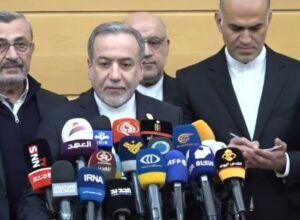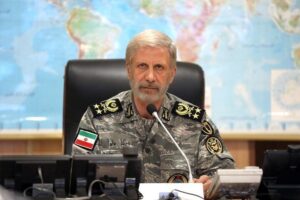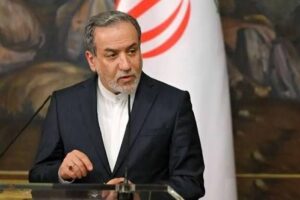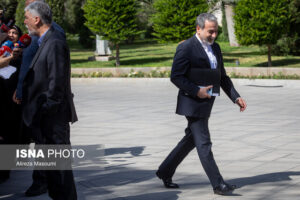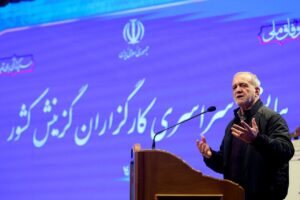Speaking at the first International Conference of Chemical-War Veterans, titled Burned Breaths, Baqaei said the event was an opportunity to ensure that “one of the greatest crimes of the twentieth century against Iran and Iranians is not merely a dark stain in contemporary history, but that the pursuit of justice from the perpetrators and their accomplices remains a continuous national and international demand.”
Seeking justice for victims is not only a legal duty to restore their rights, but also “a collective responsibility to prevent the normalization of an immoral act and a responsible effort to prevent the repetition of that crime,” he said.
He stressed that the chemical attacks were “a clear instance of war crimes and crimes against humanity” under customary international law and binding treaties such as the 1925 Geneva Protocol and the 1949 Geneva Conventions.
Citing UN documents, expert reports, and judicial cases in Germany, the Netherlands, and the United States, Baqaei said evidence shows that much of the chemical agents and technologies used by the former Iraqi regime were supplied by a specific number of governments and their commercial companies.
This, he said, carries international responsibility under principles including Article 16 of the Draft Articles on State Responsibility.
Baqaei reaffirmed that “truth-seeking and the implementation of justice are the natural demands of chemical-war victims and the Iranian nation,” adding that such crimes are not subject to statutes of limitation in international criminal law.
He expressed hope the conference would strengthen global cooperation on documenting chemical-weapons impacts, pursuing accountability, and expanding rehabilitation support for victims.

